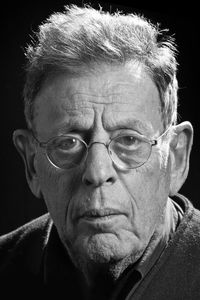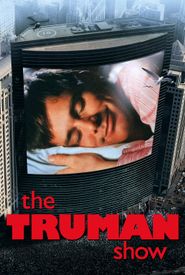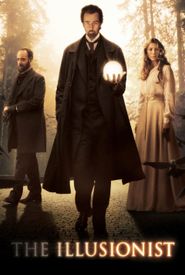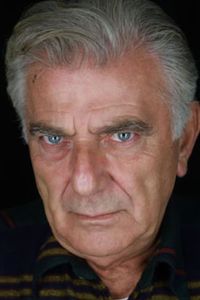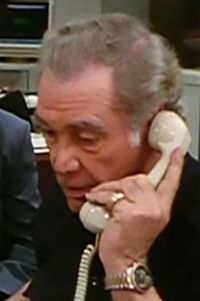Philip Glass, a renowned American composer, was born in Baltimore, Maryland. Growing up, he developed a fascination with music by listening to the unconventional Western classical records that customers didn't seem to want at his father's radio store. He went on to study the violin and flute, and was admitted to the University of Chicago at a young age. After graduating with degrees in mathematics and philosophy, Glass attended the Juilliard School in New York, where he studied composition with Darius Milhaud and others.
At the age of 23, Glass moved to Paris to study under the legendary Nadia Boulanger, who taught many of the 20th century's major Western classical composers. During his time in Paris, Glass discovered Indian classical music while transcribing the works of Ravi Shankar for a French filmmaker. This experience had a profound impact on his composition style, and he went on to research non-Western music in India and Africa, applying these techniques to his own work.
Upon returning to the United States, Glass spent the late 1960s and early 1970s driving a taxi cab in New York and composing music. In 1976, his groundbreaking opera "Einstein on the Beach" was staged by Robert Wilson to a mixed reaction from critics. Glass's compositions were so avant-garde that he had to form the Philip Glass Ensemble to provide a platform for their performance. Although he is often categorized as a minimalist, Glass rejects this label, preferring to be seen as a composer who pushes the boundaries of traditional music.
Glass's work in film began with the 1982 documentary "Koyaanisqatsi," which was scored by him. He went on to collaborate with filmmakers such as Godfrey Reggio and Errol Morris, and has also composed music for numerous recordings. In 1992, he was commissioned by the Metropolitan Opera to compose "The Voyage" for the Columbus quinquacentennial. Two years later, he composed original music for the Atlanta Olympic Games, which brought his music to a wider audience.
Throughout his career, Glass has been recognized for his unique and haunting compositions. His music has been performed by himself and in collaboration with other media, moving listeners to new and unexplored places. More recently, Glass's work has been reevaluated, leading to him being referred to as the Last Romantic by the musical press.
